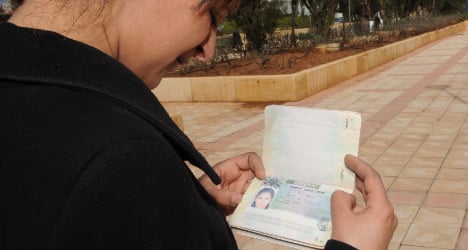Socialist deputy Matthias Fekl this week called for a roll-out of four-year, ‘long stay’ visas for immigrants from outside the EU, a move which could become law by this summer.
Up until now, long-stay visas in France lasted a maximum of three years.
The vast majority of expats from the US, Canada, Australia, India, and all other non-EU countries, however, receive one-year visas, which must be renewed annually by local authorities in France.
“Today, only two percent of temporary visas given to non-European foreigners are for more than one year,” he told AFP.
“Everyone else has to keep going back to local authorities to get their visas renewed,” he added.
This, says Fekl, is “a waste of energy, man-hours and public money,” since only one percent of the 400,000 yearly requests for renewal are refused.
Apart from requiring a lot of time-consuming paperwork, however, having only a one-year visa, rather than the four-year permit proposed by Fekl, can make life difficult for expats in other ways.
“It can cause tension with your employer and problems with access to accommodation and credit,” said Fekl.
Making it easier to obtain and renew a French visa could also attract non-Europeans to come to France in the first place, or stay more permanently.
Lex Paulson, an American academic who lives in Paris, told The Local that while struggles with bureaucracy were the norm in France, "sometimes it's just too daunting a prospect for foreigners like me."
"This reform seems like it would change all that," he added.
The proposal is part of a report on immigration reform sent to French Prime Minister Jean-Marc Ayrault on Tuesday, which could become law by the summer or autumn.
Ayrault’s office confirmed that the bill, including plans to expand and extend long-stay visas to four years, would be discussed at a cabinet meeting “before the summer.”



 Please whitelist us to continue reading.
Please whitelist us to continue reading.
Member comments